Your garden might be more powerful than your pharmacy. While modern medicine has its place, there’s a long tradition of turning to herbs for everyday healing—and many of the most effective ones are surprisingly easy to grow at home. From soothing upset stomachs to calming irritated skin or boosting immunity, garden herbs can do a lot more than season your food.
In this guide, we’re sharing 16 powerful herbs that can naturally replace common medicine cabinet staples. Think chamomile for sleep, thyme for coughs, lavender for stress, and calendula for cuts and scrapes. These herbs are more than just fragrant greenery—they’re time-tested remedies backed by tradition, and in many cases, science. And the best part? You can grow them yourself, with minimal effort and maximum reward.
At Plantisima, we love showing how plants can transform your home—and your health. These herbs aren’t about ditching modern care, but about empowering you with gentle, plant-based support for everyday wellness. Whether in teas, tinctures, or topical balms, these green allies remind us that sometimes, the most effective remedies come straight from the soil.
Peppermint
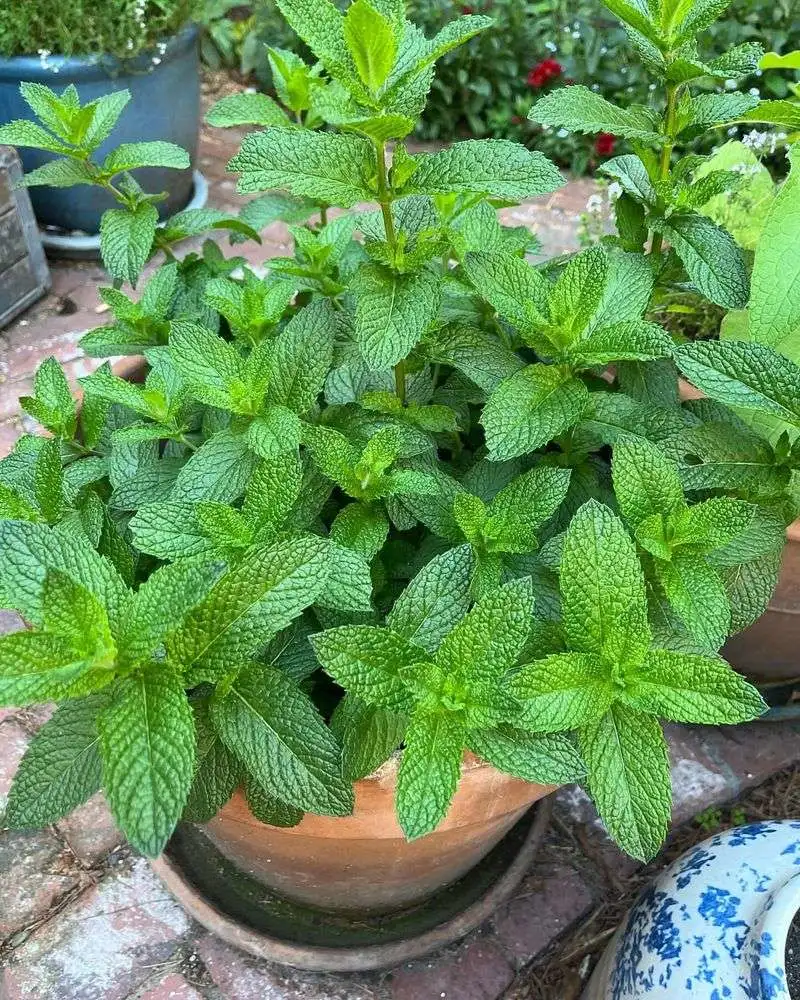
Peppermint, known for its invigorating scent and cool touch, is a natural remedy for headaches. A cup of peppermint tea can ease tension and provide comfort. Its essential oil, when applied to the temples, offers relief from stress and headaches. The menthol component is what gives peppermint its analgesic properties, making it a favorite in aromatherapy for soothing migraines. This herb is also known for aiding digestion, making it a multifaceted addition to your garden. Whether in tea, oil, or fresh form, peppermint’s varied uses make it indispensable.
Chamomile
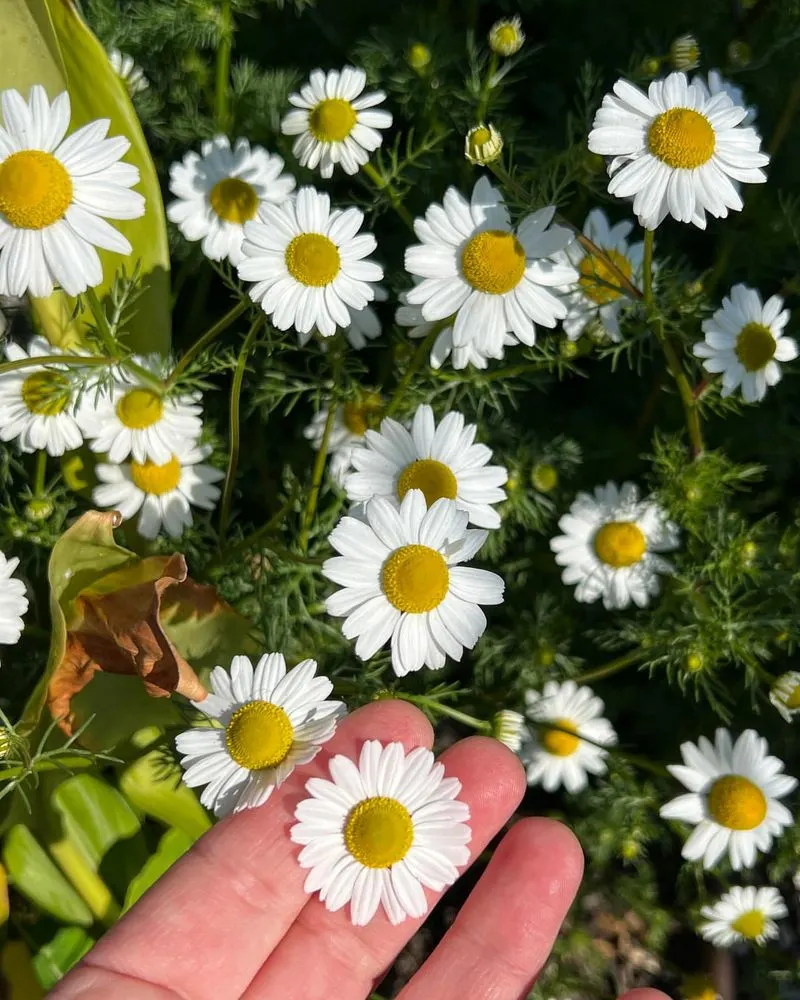
With its dainty flowers and calming aroma, chamomile is nature’s answer to sleepless nights. A well-known sedative, it can be brewed into a soothing tea that promotes restful sleep. Beyond its calming effects, chamomile possesses anti-inflammatory properties, making it useful for treating skin irritations. Steeped in history, this herb has been used for centuries to alleviate anxiety and promote relaxation. Its gentle nature makes it suitable for children and adults alike. Whether sipped as tea or applied topically, chamomile is a gentle healer in your garden arsenal.
Lavender
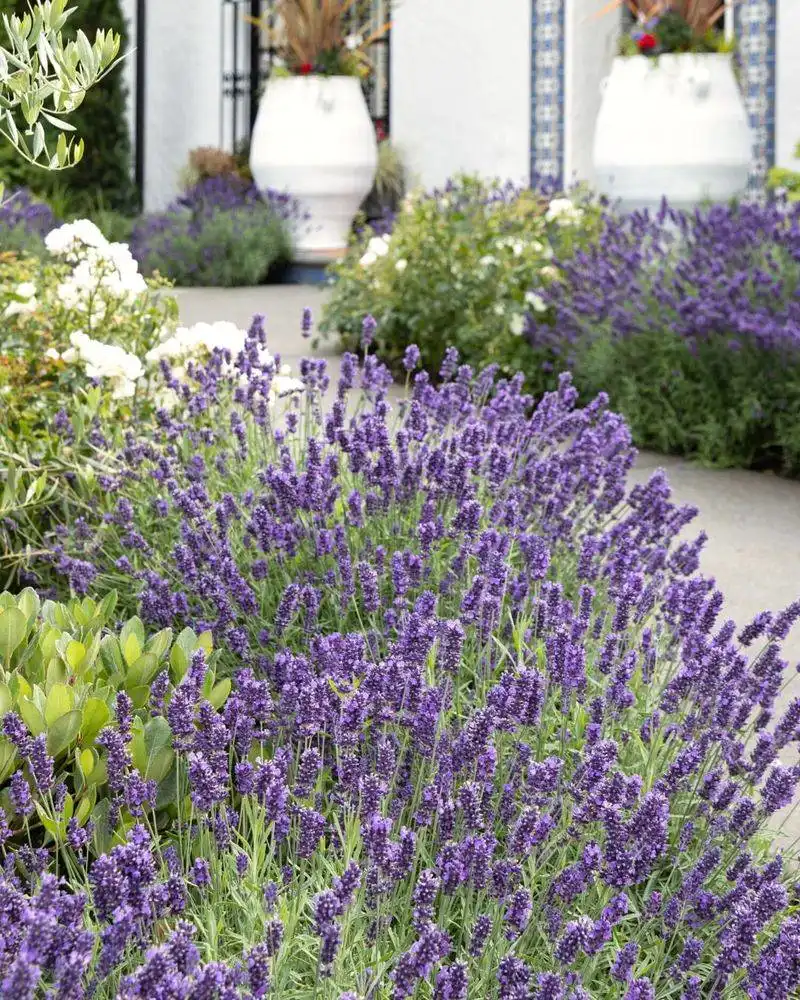
Lavender’s soothing fragrance is synonymous with relaxation and tranquility. This herb is a popular choice for easing anxiety and promoting restful sleep. Its essential oil is celebrated for its ability to reduce stress levels and induce calmness. Beyond its calming properties, lavender is known for its antiseptic and anti-inflammatory benefits. Applied to minor burns or insect bites, it helps in healing. A staple in aromatherapy, lavender’s versatility extends to culinary uses, adding a floral hint to dishes. It’s a fragrant powerhouse in any herbal collection.
Echinacea
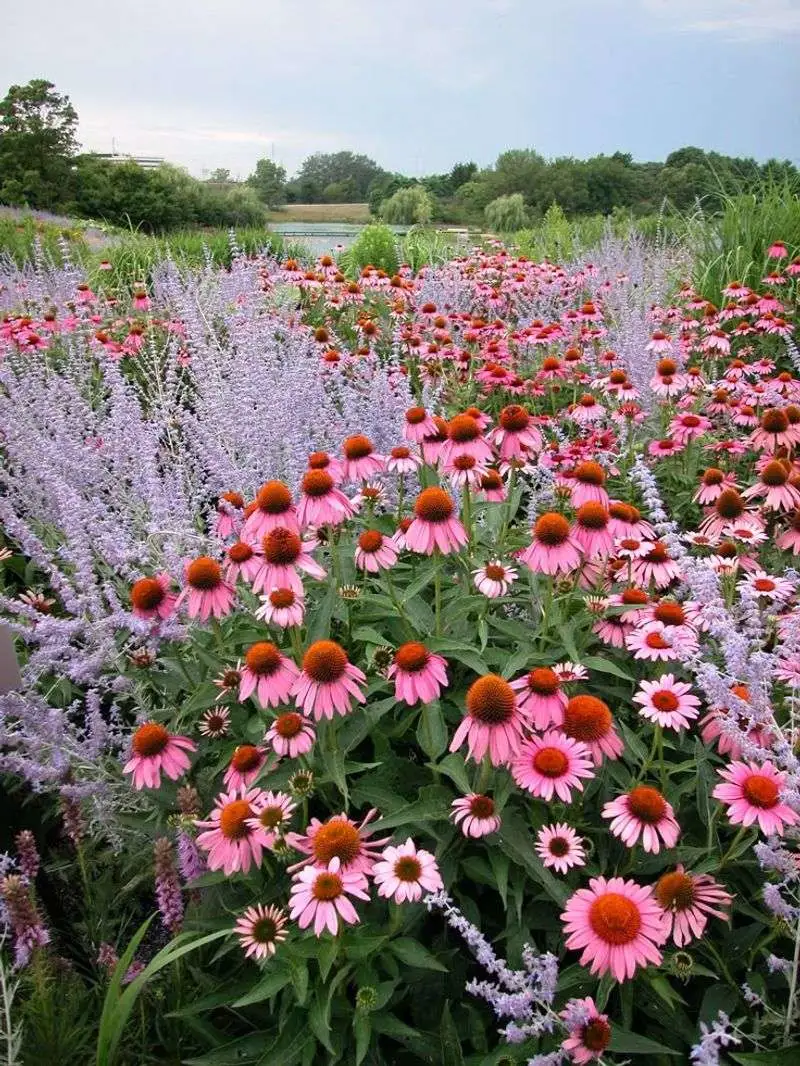
Echinacea, with its striking pink blossoms, is renowned for its immune-boosting properties. Often used to fend off colds and flu, this herb encourages the body’s natural defenses. The roots and leaves of echinacea are rich in compounds that stimulate white blood cell production. Herbalists often recommend it at the first sign of a cold. Its history in Native American medicine underscores its enduring popularity. As a tincture or tea, echinacea is a reliable ally in supporting overall health. Growing echinacea ensures a colorful and health-promoting addition.
Thyme
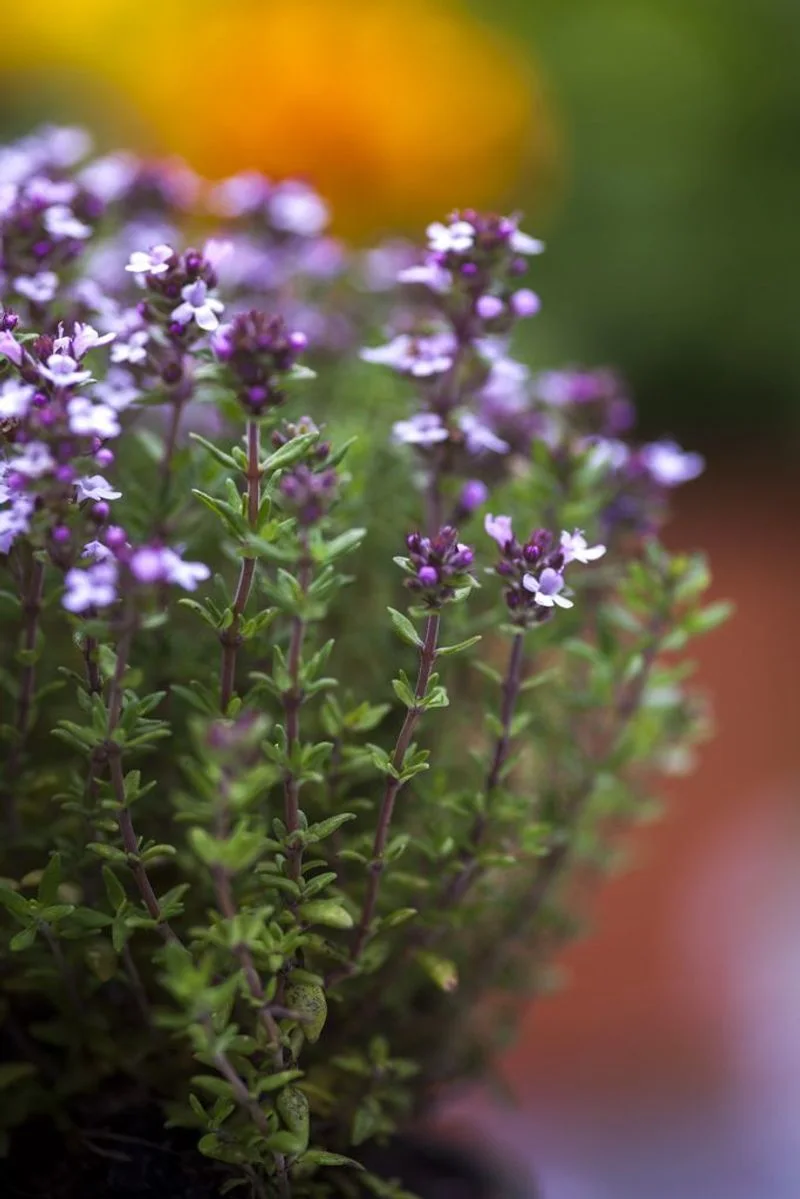
Thyme, with its small yet potent leaves, is a powerhouse of antibacterial properties. In herbal medicine, it’s known for supporting respiratory health. A tea made from thyme can soothe coughs and clear congestion. Its essential oil, rich in thymol, acts as a natural disinfectant. Beyond its medicinal uses, thyme is a culinary favorite, enhancing the flavor of numerous dishes. This herb’s versatility makes it a must-have in any garden, providing both health benefits and culinary delight. Thyme’s tiny leaves pack a mighty punch in your herbal toolkit.
Calendula
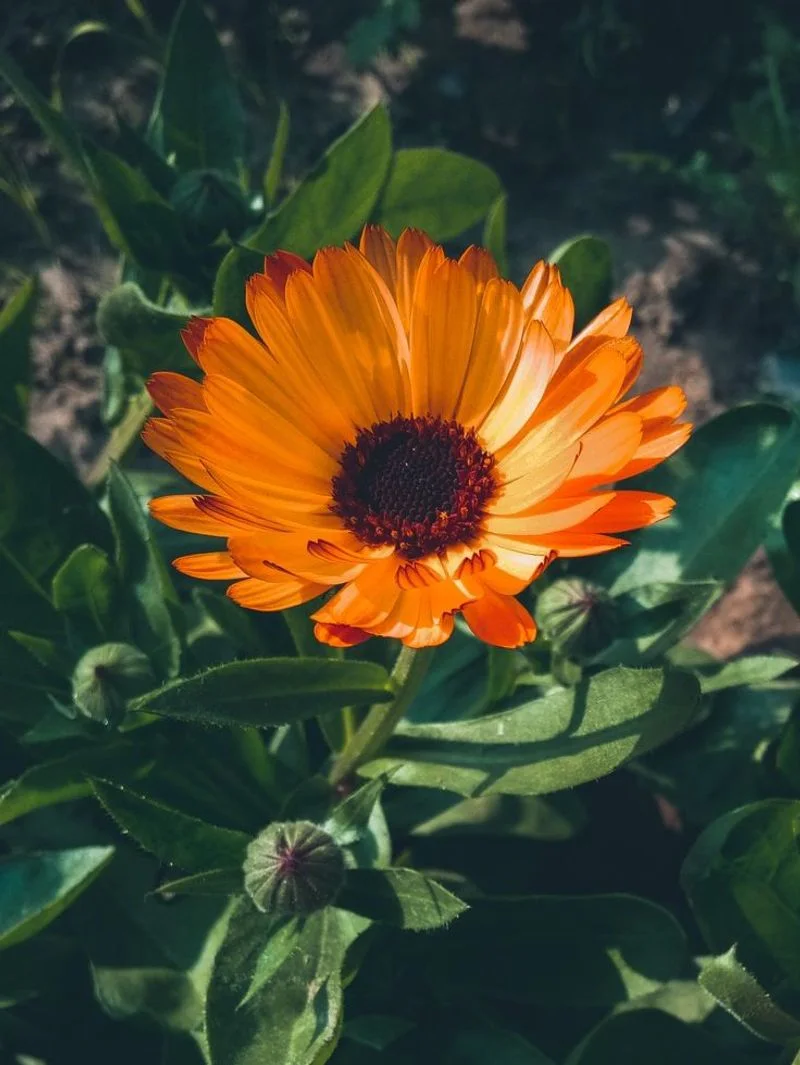
Calendula, with its sunny disposition, is more than just a pretty flower. Known for its skin-healing properties, it is often used in creams and salves for soothing irritations. This herb’s natural anti-inflammatory and antimicrobial benefits make it ideal for treating minor cuts and rashes. Its bright petals can be used to make a tea that eases digestive discomfort. Historically, calendula has been used in ceremonies and as a dye, showcasing its cultural significance. Whether as a tea or topical application, calendula is a valuable garden ally.
Sage
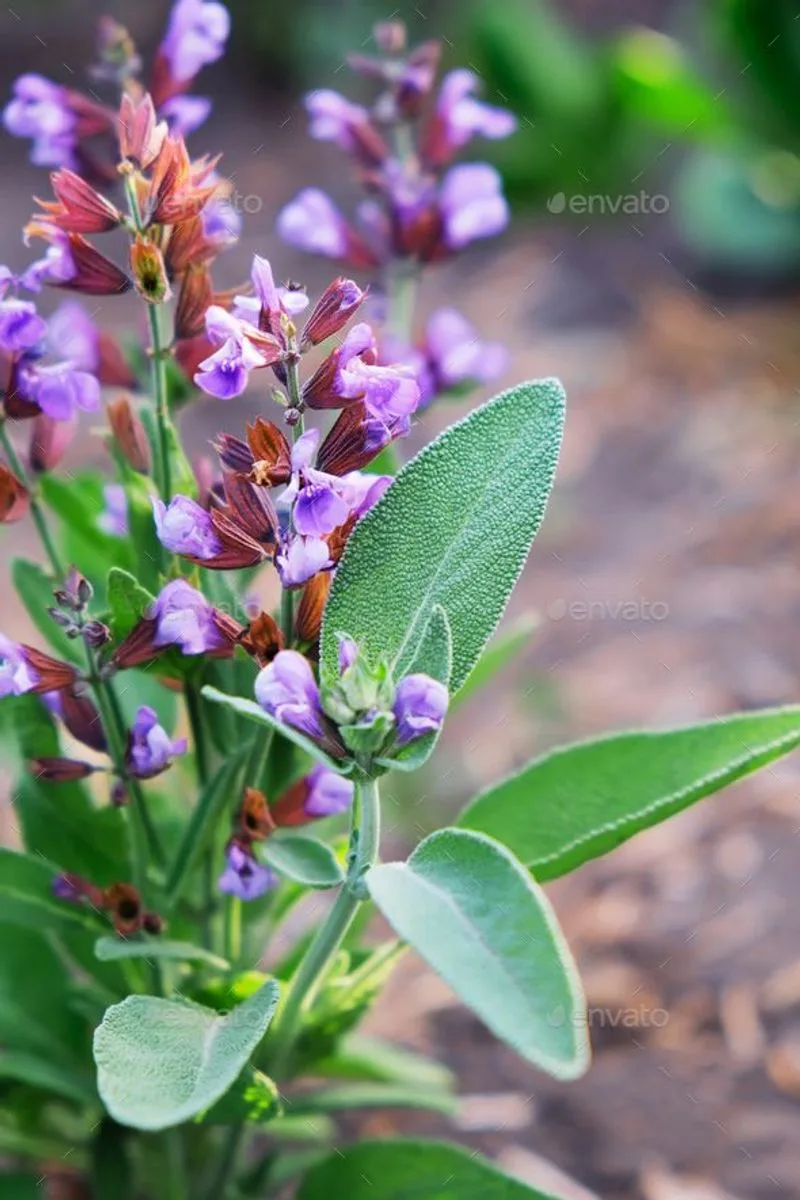
Sage, revered for its earthy aroma, holds a place of honor in herbal medicine. Known for its memory-enhancing properties, it is often brewed into a tea to boost cognitive function. Beyond mental clarity, sage is a natural remedy for sore throats, thanks to its antibacterial effects. Its use in culinary traditions highlights its versatility, adding depth to savory dishes. Historically used in purification rituals, sage’s holistic benefits are vast. Whether infused in tea or used in cooking, sage is a wise choice for your herbal collection.
Rosemary
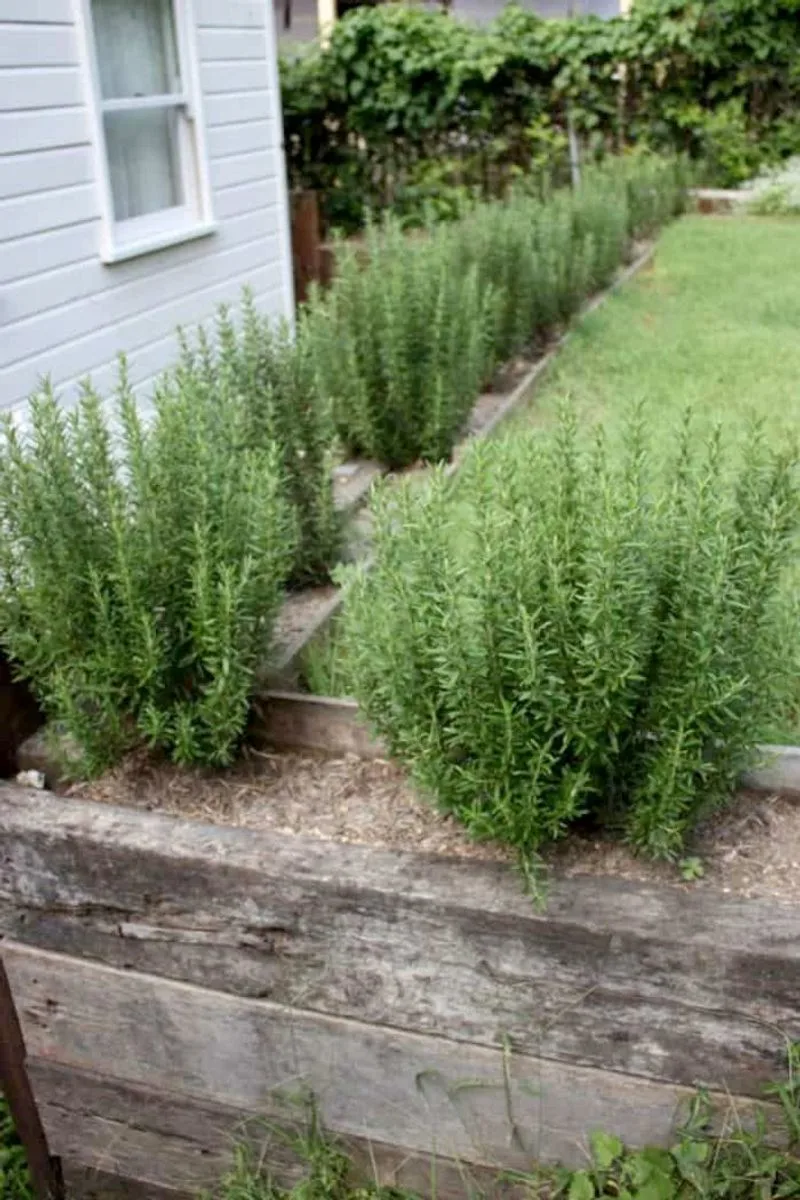
Rosemary, with its woody stems and sharp leaves, is a symbol of remembrance and focus. This herb’s stimulating aroma is known to enhance memory and concentration. Traditionally, rosemary has been used to boost circulation and relieve headaches. Its antioxidant properties make it a valuable addition to any health regimen. Culinary enthusiasts prize rosemary for its ability to elevate the flavor of meats and stews. Whether in the kitchen or as a herbal remedy, rosemary’s presence is both invigorating and beneficial.
Lemon Balm
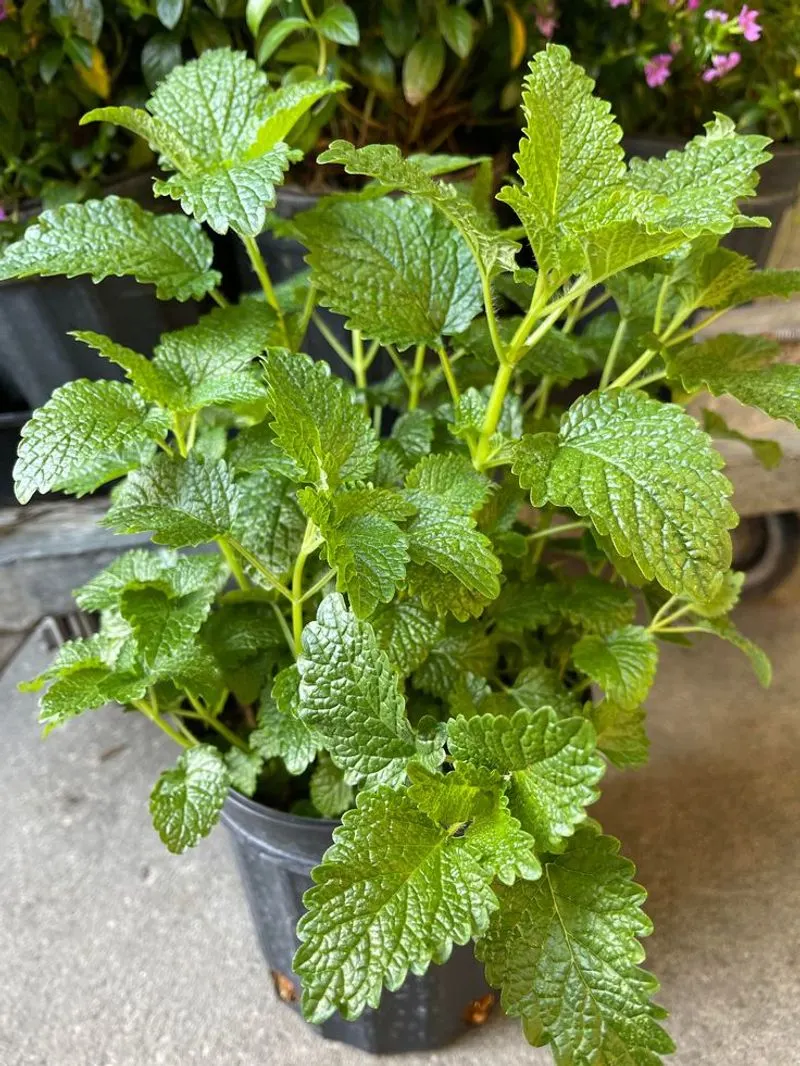
Lemon balm, with its citrusy scent, is a mood lifter and stress reliever. Known for its calming effects, it is often made into a tea to reduce anxiety and promote relaxation. Its antiviral properties are beneficial in treating cold sores when applied topically. Lemon balm’s historical use in traditional medicine highlights its enduring appeal. The plant’s cheerful lemon fragrance also repels insects, making it a useful garden companion. Whether sipped as a soothing beverage or used externally, lemon balm brings cheer and calm to your herbal repertoire.
Basil
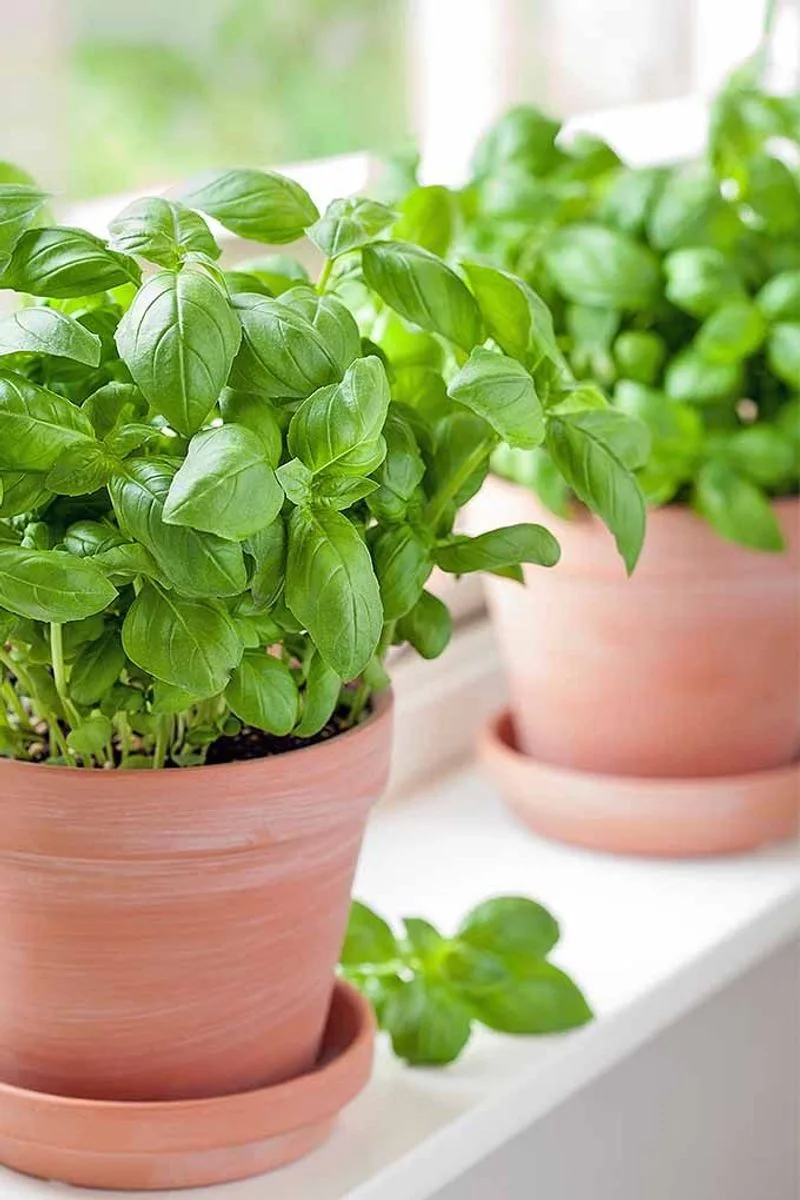
Basil, with its vibrant leaves, is more than a culinary star. Revered for its anti-inflammatory and antioxidant properties, it supports cardiovascular health. Basil’s essential oil is used in aromatherapy to reduce stress and improve mood. Historically, it has symbolized love and protection. Fresh basil leaves can be steeped to make a tea that aids digestion and reduces stress. This herb’s versatility extends beyond the kitchen, offering numerous health benefits. Keeping a basil plant close at hand ensures a fresh and fragrant solution to daily wellness challenges.
Ginger
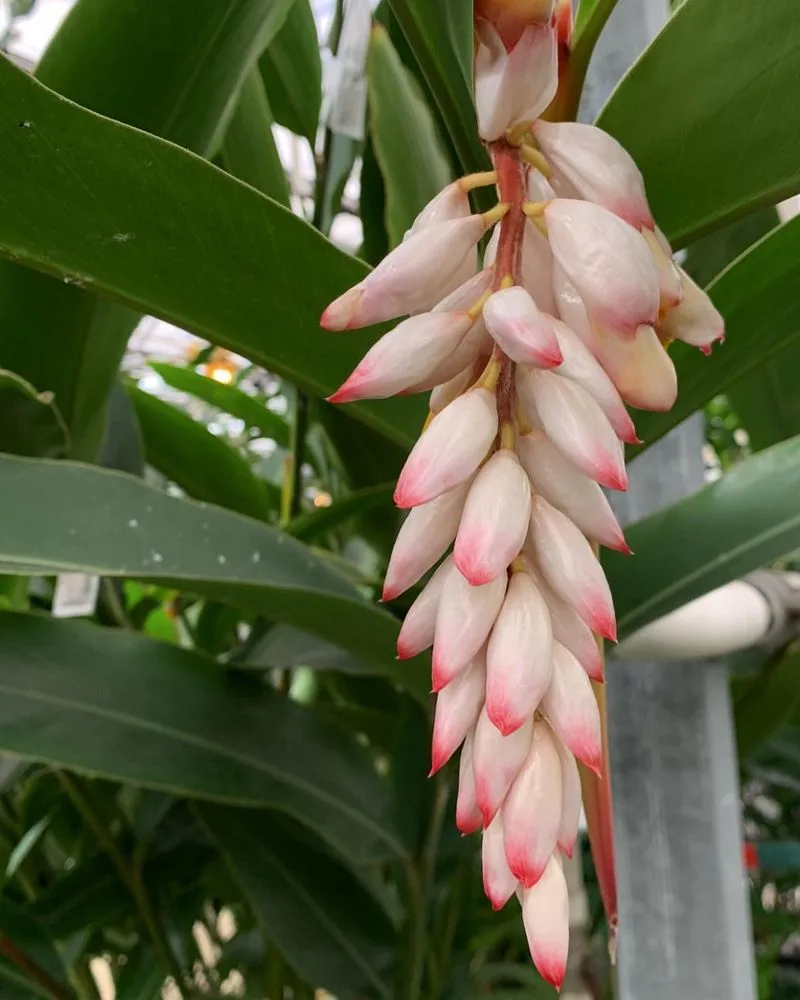
Ginger, with its distinctive flavor and warming properties, is a powerhouse of health benefits. Known for alleviating nausea and aiding digestion, ginger is a staple in natural medicine. A cup of ginger tea can soothe upset stomachs and reduce inflammation. Its anti-inflammatory compounds make it beneficial for joint health. Historically, ginger’s use spans cultures as a remedy for various ailments. Whether used fresh, dried, or as a tea, ginger’s spicy kick offers both taste and health advantages. This root is a timeless addition to your herbal collection.
Garlic
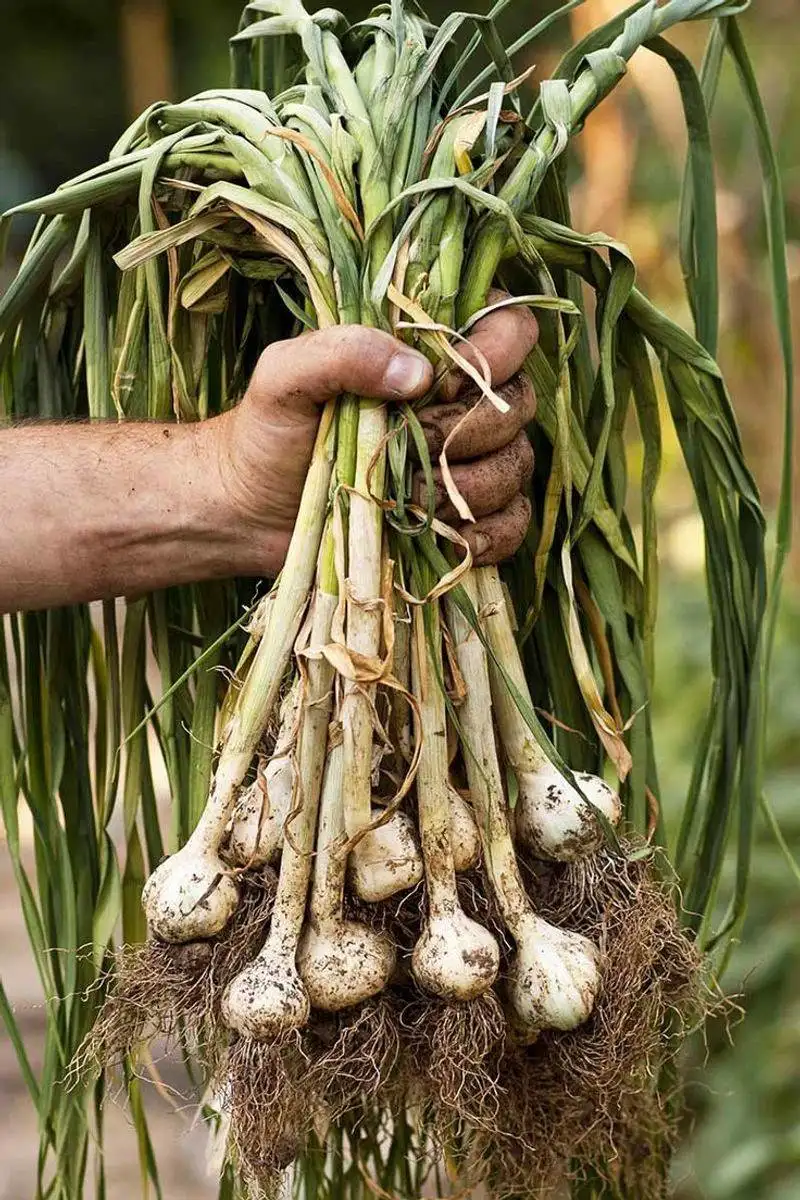
Garlic, with its pungent aroma, has long been hailed for its medicinal properties. It’s well-known for supporting cardiovascular health by helping to lower cholesterol levels. Garlic’s natural antibiotic properties make it a go-to for boosting the immune system. Its use dates back to ancient civilizations, where it was prized for its healing abilities. Whether consumed raw or cooked, garlic brings robust flavor and health benefits to the table. It’s a culinary and medicinal powerhouse that deserves a prominent place in any garden or kitchen.
Oregano
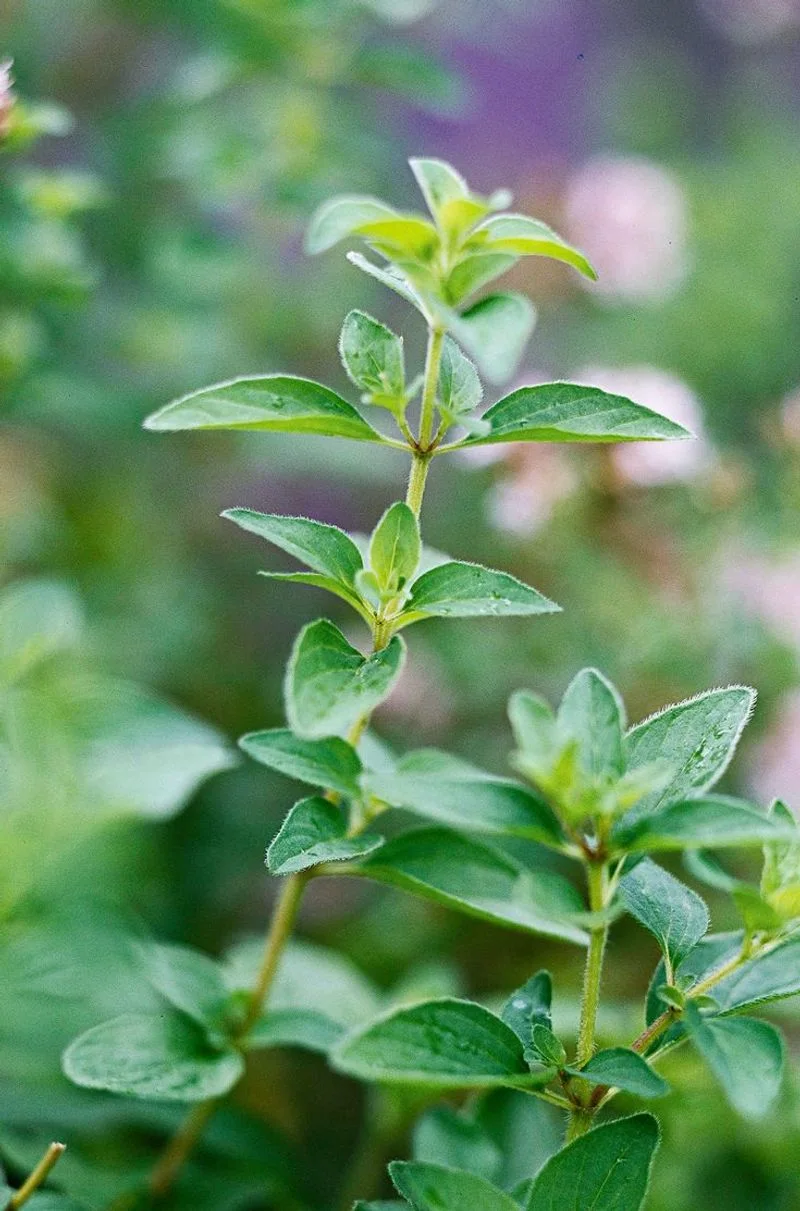
Oregano, with its aromatic leaves, is a staple in Mediterranean cuisine and herbal medicine. Known for its antibacterial and antiviral properties, it is a natural remedy for respiratory and digestive health. Oregano oil is often used to combat infections and boost the immune system. Beyond its medicinal benefits, oregano enhances the flavor of dishes, from pasta sauces to roasted vegetables. Its robust nature makes it a garden favorite, providing both culinary delights and health advantages. Oregano is a testament to nature’s ability to heal and nourish.
Parsley
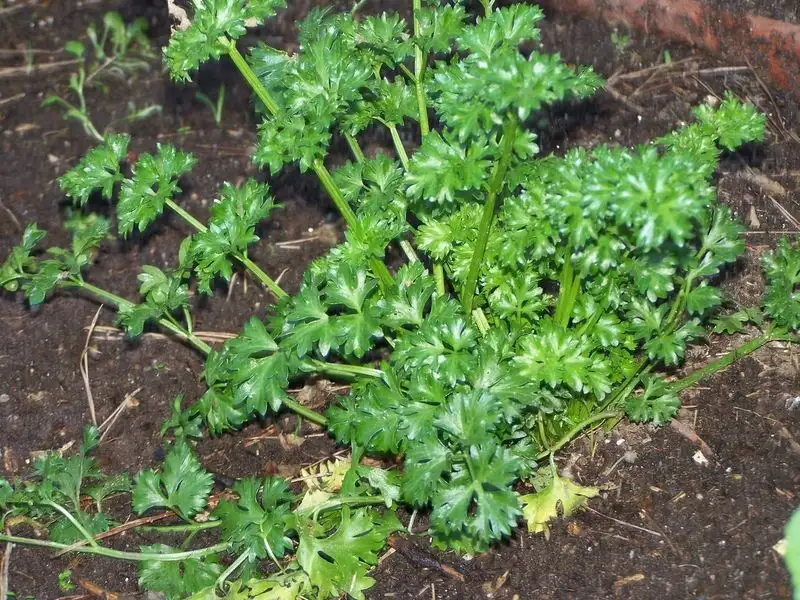
Parsley, often seen as a garnish, offers much more than just a splash of green on your plate. Rich in vitamins A, C, and K, it supports bone health and boosts the immune system. Its diuretic properties help in detoxifying the body and maintaining kidney health. Historically used in traditional medicine, parsley continues to be valued for its health benefits. Whether added to salads or blended into smoothies, parsley’s nutritional profile is impressive. This humble herb elevates both the visual appeal and nutritional value of meals.
Fennel
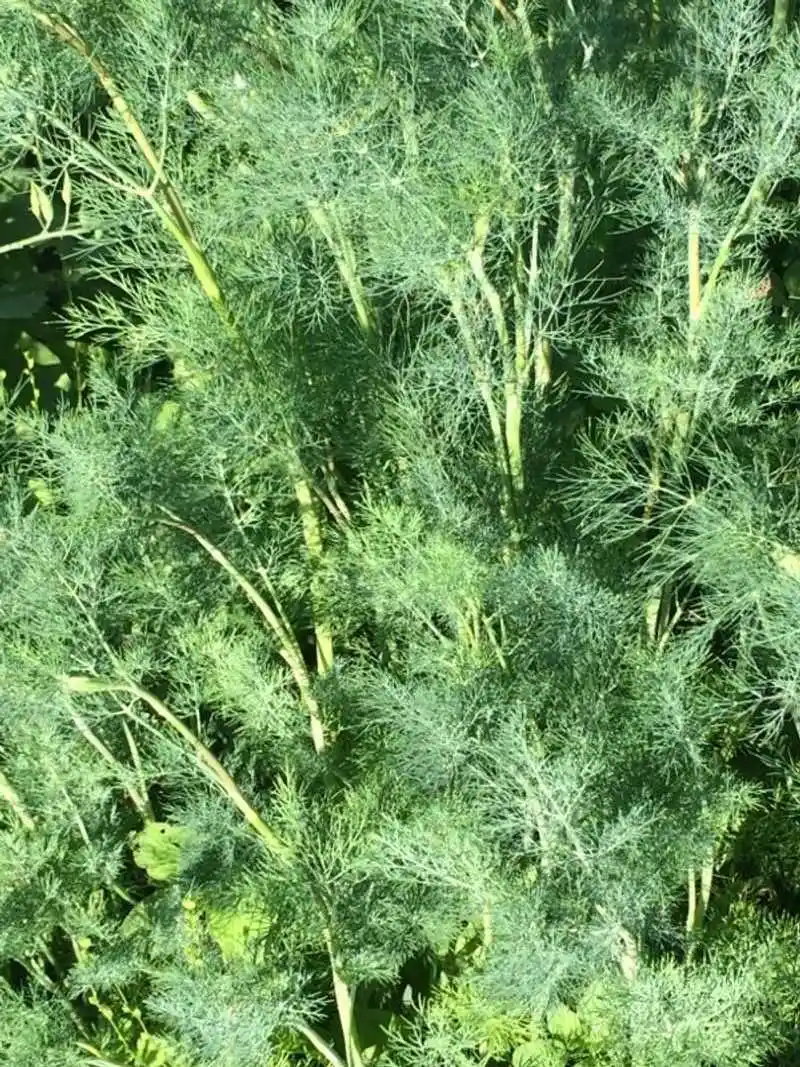
Fennel, with its licorice-like flavor, is a digestive powerhouse. Traditionally used to relieve bloating and gas, fennel seeds can be chewed or steeped to make a soothing tea. Its slightly sweet aroma is a comforting presence in herbal medicine and cuisine alike. The bulb, fronds, and seeds of fennel offer culinary versatility, enhancing both flavor and health. Whether roasted, raw, or brewed, fennel’s benefits are manifold. Its historical roots in medicine highlight its lasting appeal. Fennel is a delightful and beneficial addition to the garden.
Turmeric
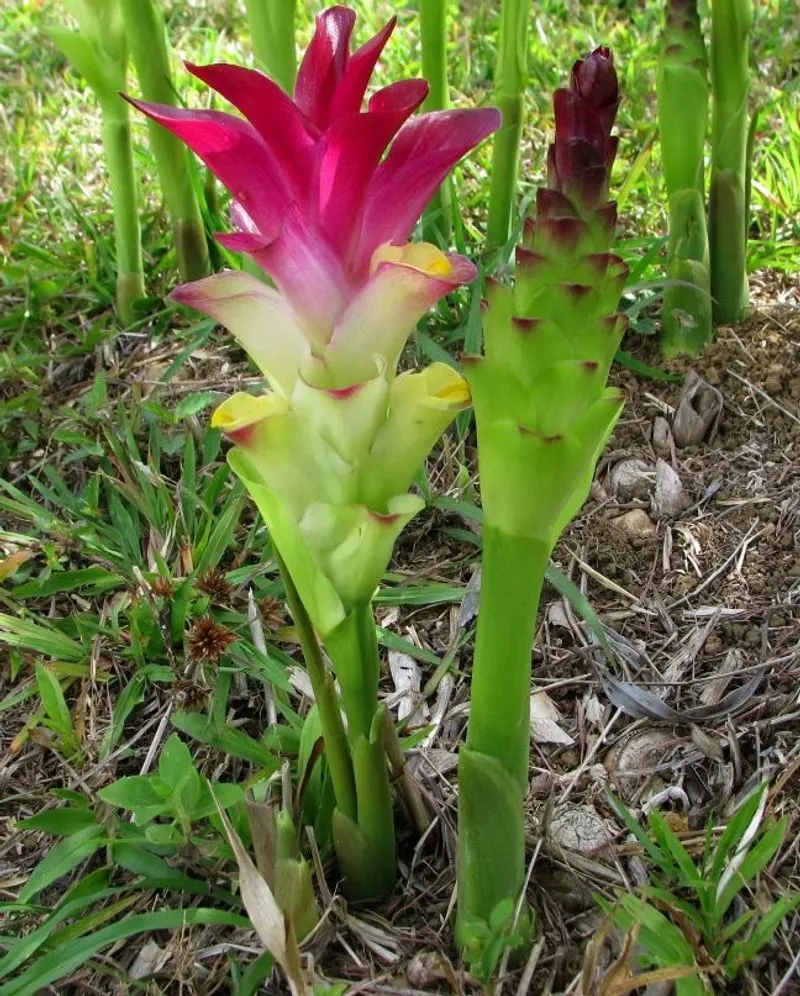
Turmeric, with its vibrant orange hue, is celebrated for its anti-inflammatory and antioxidant properties. Curcumin, its active compound, is known for alleviating joint pain and supporting liver health. This spice’s historical use in Ayurvedic and Chinese medicine underscores its therapeutic value. Whether added to curries, consumed as a supplement, or brewed into a tea, turmeric’s health benefits are extensive. Its peppery and warm flavor enhances dishes while promoting wellness. Turmeric’s golden glow is a symbol of health and vitality in any garden.

